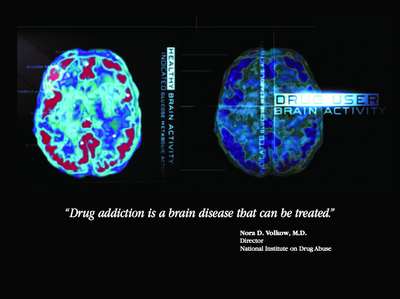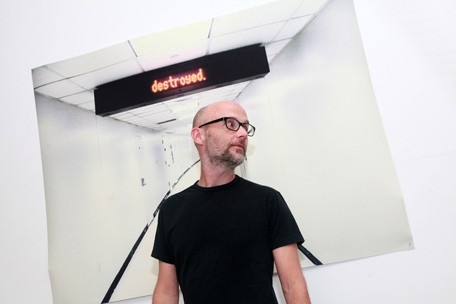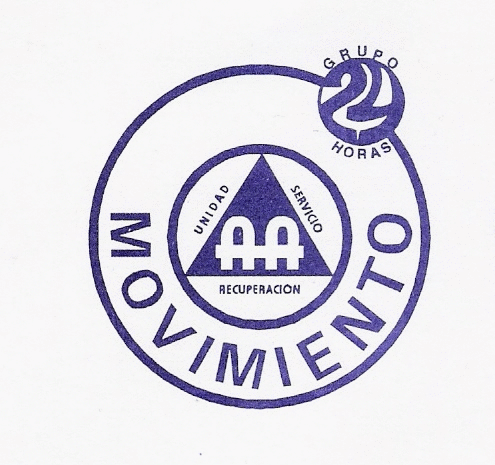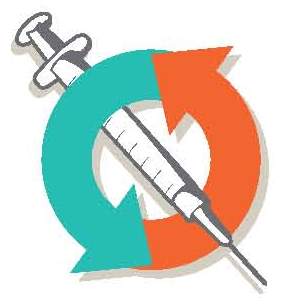The brain-disease model of addiction destroys itself because it denies the very concept of neuroplasticity on which it is simultaneously built. Drug addiction is not a brain disease, it’s a choice. Learn how the brain disease argument uses the fallacy of the stolen-concept.
Author: Steven Slate
Steven Slate has personally taught hundreds of people how to change their substance use habits through choice - while avoiding the harmful recovery culture and disease model of addiction.
Average Inpatient Alcohol And Drug Rehab Costs
Rehabs are expensive. Here are some basic averages of inpatient addiction treatment costs.
The Last Word…
A few months ago, I caught a particularly nasty 12-step counselor on a message board telling a current client of the program I used to work at that he should beware that the place is really Narconon in disguise. I was flabbergasted. There is no truth to any such rumor. I replied and set the record straight, but then the stepper redirected her venom at me, mischaracterizing my views. I wrote a response to her slander, but of course the forum moderators locked the forum before I could respond to defend myself. Well, I saved the response, and I just decided to publish it.
Martin Seligman on Prospection: Being Motivated by our Vision of The Future
Should you focus on the past and feel as if you’re doomed to repeat it, and that you’ve created immutable character defects, or have changed into a permanently diseased addict or alcoholic doomed to relapse? Should you beware of your disease, avoid overconfidence/arrogance and simply take things “one day at a time”? Maybe it’s better to believe that you can change permanently, and to envision a better future for yourself. Maybe it’s better to simply think about those things that would make you happier than a cheap high and to work towards those things. That’s what I think anyways, and I think Martin Seligman would agree.
Moby On Addiction
I’m not sure whether he realizes it or not, but electronic musician Moby has laid out the basics of a choice model approach to addiction in this brief interview he recently gave.
Ending Your Desire to Use is a Myth?
One “recovering addict’s” idea of a myth kicks off an important discussion about attitudes towards sobriety. Unfortunately, in the recovery culture, sobriety is seen as a sort of punishment, and they still conceive of the high as a great temptation to be avoided. Meanwhile, many people outgrow such desires by realizing that there are better things in life.
Backwards-Land: The Revelation of “Rewards”
The addiction experts have finally begun to admit the real meaning of their theories – that addiction is about competing rewards – immediate versus delayed long-term gratification. If this is what it’s all about, then it’s clearly quite idiotic to insist that addiction and alcoholism are diseases. Indeed, if we accept this logic, then we’re all born diseased and nearly every bad decision is the result of a disease. Addiction is a choice.
Can A Former Drinker Go To Bars?
Many people are taught in “recovery” that they’re incapable of entering a club or bar without relapsing. This keeps people in a state of irrational fear rather than empowerment.
Some Gems
I’ve been on vacation, which is why I haven’t posted in over a week. Here are some great articles for you to check out while I work on some new stuff.
What of Needle Exchanges?
Steven joins the discussion on needle exchange programs, and shares some experience about the practical realities of being an intravenous drug user.









